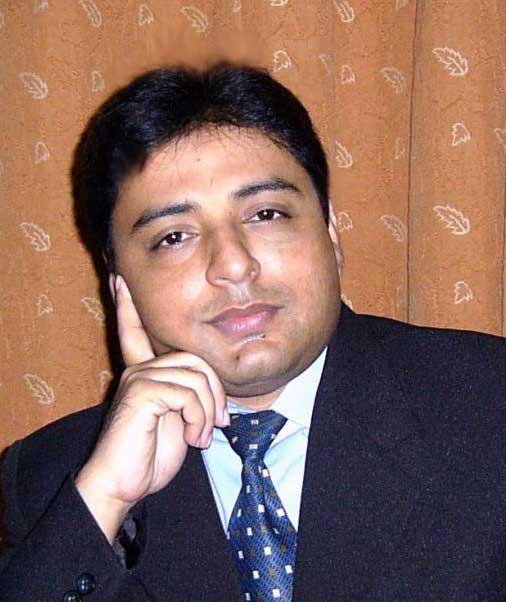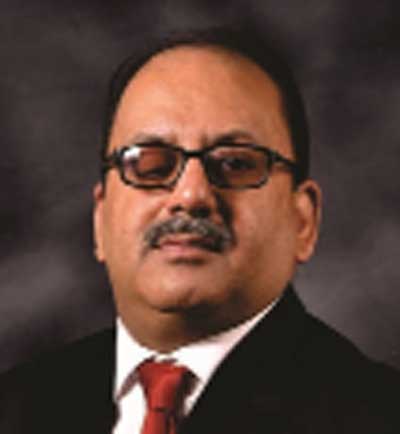Political inclinations and associations are not always as they may seem. The actions of the government or that of the opposition, in Pakistan or abroad, may not be as they are. They may or not be aligned with the sentiments of the people they are representing. The political parties in power, the leaders directing the country as the President, Prime Minister; those assuming an important diplomatic position, or those leading the corporate or media organization may perform an act that does not seem suitable. However, if it happened, there needs to be a reason behind it.
During the last many years, the public is accustomed to knowing the truth through social media. The electronic and print media is still a controlled medium with certain limitations. Social media, on the other hand, is free from several limitations. Gone are the days when people had to wait for a week to know about the outcomes of an armed conflict, a judiciary verdict, or to get to the bottom of a controversy. Today, videos and images float across social media the moment an incident happens. No matter how much the media outlets or the government wants to hide the real news, social media reveals all information including confidential documents, pictures, and statements.
With various versions of the truth disseminated through print, electronic, and social media, we need to be aware of what information is affecting our perception, analysis, and decision-making. Analyzing the truth should be observed and practiced by all especially by the students of mass communication, and those working at key positions in the government, corporate, diplomatic, and social sectors.
The truth, in my humble opinion, is analyzed in the following ways. Truth can be a fact, an opinion, an assumption, or a conspiracy. The borders separating countries is a truth. However, the size of the countries as shown on the world map is an assumption. People even consider it a conspiracy so the Western nations can promote themselves larger than the rest of the countries. The truth may be the time it takes from one city to reach another city. However, this truth kept changing over the years as the time to travel between two points varies if one is traveling on foot, on a horse, a bicycle, by ship, by car, or by an airplane.
The truth is an opinion when it is a statement by a high-ranking government official, head of the corporate sector, a scientist, a professional, or any person who has the authority and the experience to share an opinion on a specific topic. If a scientist talks about the hole in the ozone layer and how it will affect life on Earth then it will be considered as an opinion. However, such an opinion will be stemmed from a scientific fact.
The truth may also be an assumption. This happens when people falsely accept a notion, opinion, or incident. When Christopher Columbus was traveling by sea to discover the new world, he assumed that the land he had discovered was Asia. However, it was the Americas. His lack of navigational skills led him to make this mistake. The facts then signal at Columbus’ men killing the native Red Indians to claim their gold and land. This is presented as a conspiracy from the Spanish but considered truth by the Red Indians.
When talking about the truth, we cannot ignore conspiracies. A conspiracy theory refers to a belief that an organization (government, corporate, or some other) is behind an unexplained event. Several conspiracies have been revealed and while the world acts in mysterious ways, many more are surfacing each year. Some conspiracies include that the USA’s government is in connection with aliens, that a lab in Antarctica is a mind-control mechanism, that five richest families control the world’s economy, financial sector, and media; that the US never landed on the moon, that the US knew about Japan’s attack on Pearl Harbor (1941) but did not take preventive measures.
When we come across a piece of news or a fact, we need to analyze it before passing it forward or accepting it. We should examine its source, what impacts will it make on the socio-economic or political order, how was it disseminated, and what credibility does it have. In the age of social media and fake news, we need to question every fact before considering it truthful.
Sign in
Welcome! Log into your account
Forgot your password? Get help
Password recovery
Recover your password
A password will be e-mailed to you.




